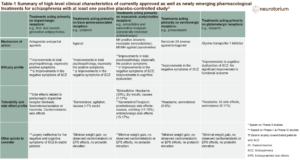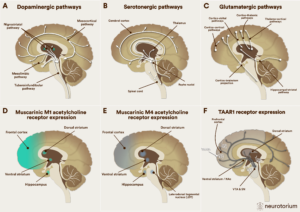For decades, scientists have looked for correlates for schizophrenia in the brain. The ultimate hope is that clinicians can use the biological information of a given individual to prevent illness onset and progression, develop new treatments, or use personalise already available treatments.
In this video, Dr. Jose M. Rubio share his insights on why we need biomarkers for Schizophrenia, why we don’t already have biomarkers for Schizophrenia, what’s necessary to bring biomarkers to the clinic and how today’s neuroimaging tools have significantly progressed the development of clinically applicable biomarkers.
Jose M. Rubio M.D., Ph.D.
- Institute for Behavioral Science, Feinstein Institute of Medical Research – Northwell Health, Manhasset, NY, USA
- Donald and Barbara Zucker School of Medicine at Hofstra University – Northwell Health, Hempstead, NY, USA
- Division of Psychiatry Research – Zucker Hillside Hospital – Northwell Health, 75-59 26, 3rd st, Glen Oaks, NY 11004, USA




